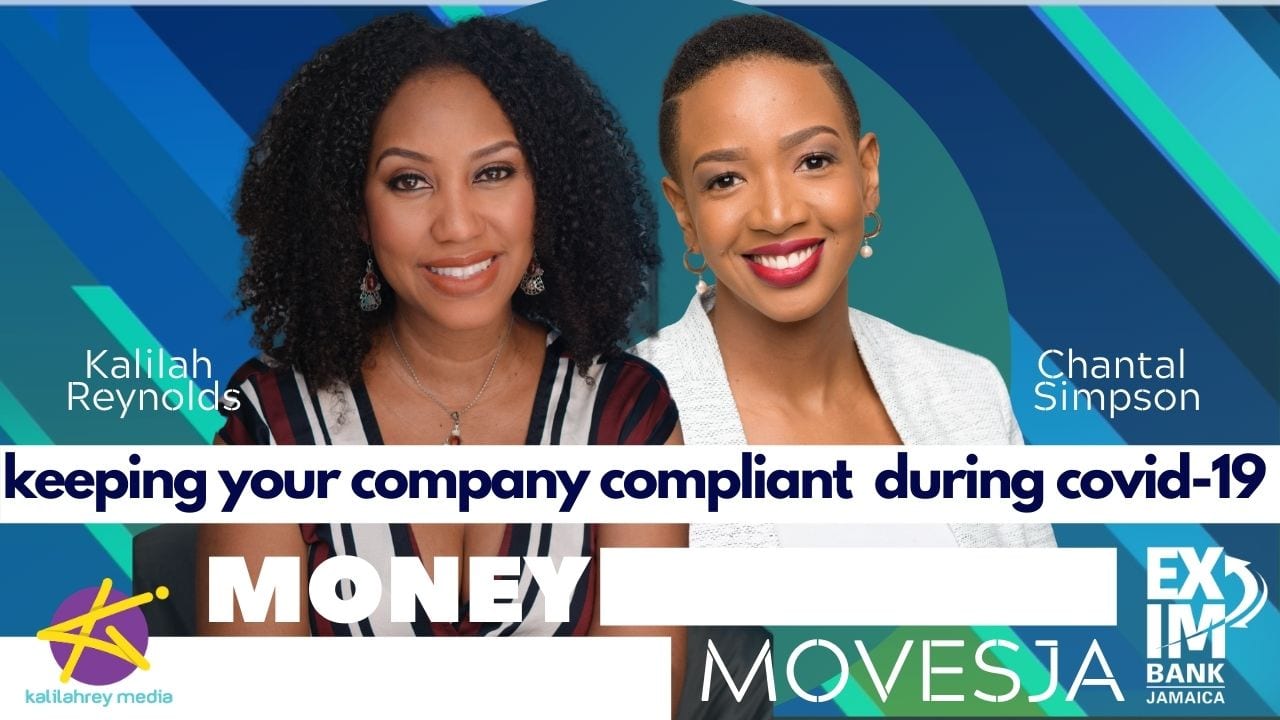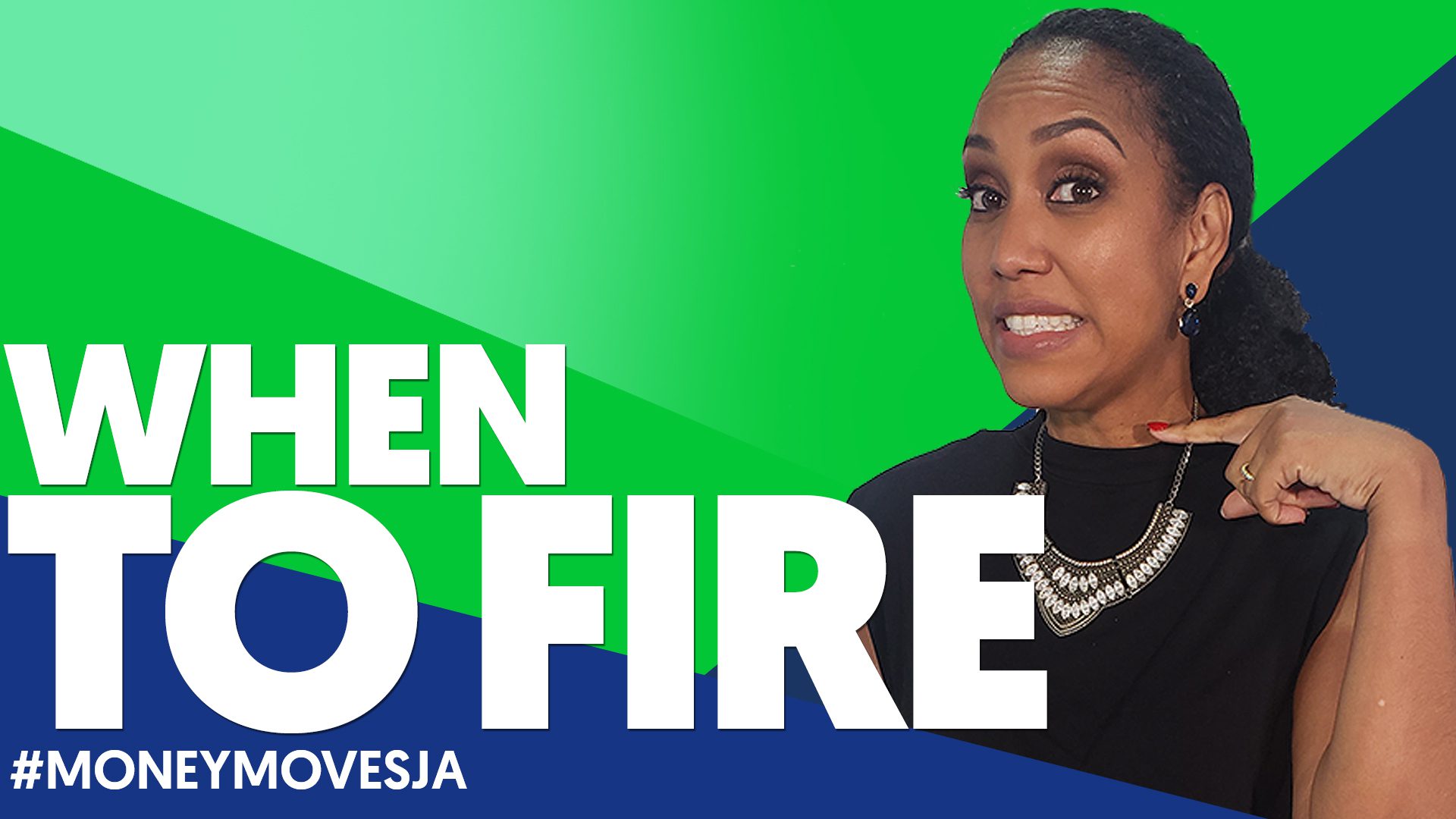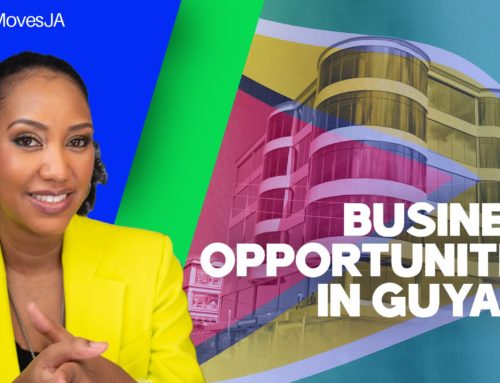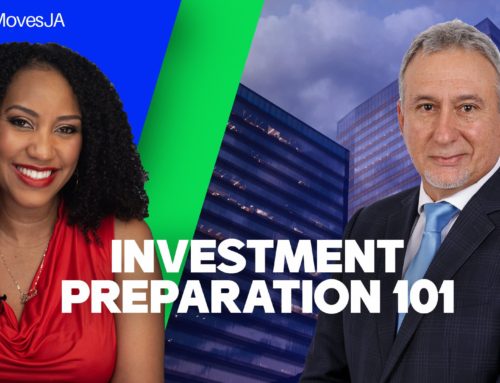You’re a start up and naturally it’s easy to say yes to everything because you just want a client or customer . So what do you do? You lower your prices and standards in hopes to keep the few clients you have. Joining us to speak about why saying “No” to some offers is the right thing to do, we have Founder and CEO of Soul Career, Lisandra Rickards.
Learning to say ‘No’
Deciding on which opportunities to accept and which to decline is essential if business owners want to remain focused, happy and healthy while conducting business.
Founder and CEO of professional training and coaching company, Soul Career, Lisandra Rickards said that it can be very hard for entrepreneurs, especially women entrepreneurs, to say no to opportunities because we tend to be people pleasers.
“Entrepreneurs have a hard time saying no early in their business because they’re trying to get as many opportunities in the door as they can. They’re so focused on the topline; sales, sales, sales- that any little sale you get, you want to bring it in the door,” she explained.
She emphasised, however, that without the proper systems in place to deal with the volume of work being added, this approach will quickly lead to employee burnout, which in turn leads to high turnover rates.
Burnout is a form of exhaustion caused by constantly feeling swamped. It’s a result of excessive and prolonged emotional, physical, and mental stress.
Burnout, which is most often linked to a person’s job, happens when the individual feels overwhelmed, emotionally drained, and unable to keep up with life’s incessant demands.
Speaking on Money Moves with Kalilah Reynolds, Rickards noted that in addition to burnout, saying ‘yes’ to every opportunity can make the business feel directionless and chaotic.
“You might feel directionless as a company if you don’t even know what you’re working towards or what are your strategic plans, it can feel very chaotic,” she said.
According to the CEO, the first step in knowing what to say no to, is figuring out what you will say yes to first.
She said that having a clear vision and strategy for your business is important to know which opportunities to accept and which to decline.
“In order to do that you need to know what your end goal is. So, you should have a strategic vision and plan, objectives and targets and that will make it easier to filter out these opportunities.
She said the only other thing to do is to stick to the boundaries that you have defined for your business, even if the offer is very tempting.
As an entrepreneur herself, Rickards said she finds it helpful to have a template response for declining opportunities.
“My company focuses on these three things right now and unfortunately that project does not fit in with our areas. If you have any projects that do, we’d be happy to look at it. For now, we’ll have to decline that offer,” she gave as an example of how to respectfully decline a business opportunity.
She noted, however, that it may be necessary to reassess the business strategy, if business owners are constantly saying no to the same types of offers.
Rickards said that early on, her business focused mainly on business to customer relationships, however, she realised that in order for her business to be successful she needed to pivot to more business to business relationships and take on more corporate clients.
“So, the $10 million offer (for example) that’s coming in that doesn’t fit in your strategy, is it the strategy that’s wrong or is it the opportunity that is wrong,” she urged business owners to ask themselves.
She said that it is natural to want to “people please” especially during the early stages of the business when entrepreneurs are first trying to make a name for themselves. However, Rickards stressed that for the long term success of the company and the health of employees, businesses will have to filter opportunities and learn to say no to those that do not serve its end goals.
Visit EXIM Bank’s Business Advisory Service at:
https://eximbankja.com
AUDIO ONLY
Recommended for you


















